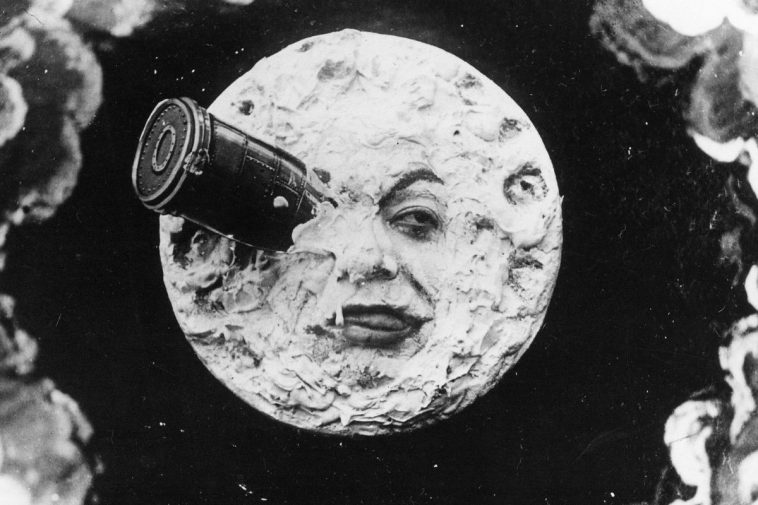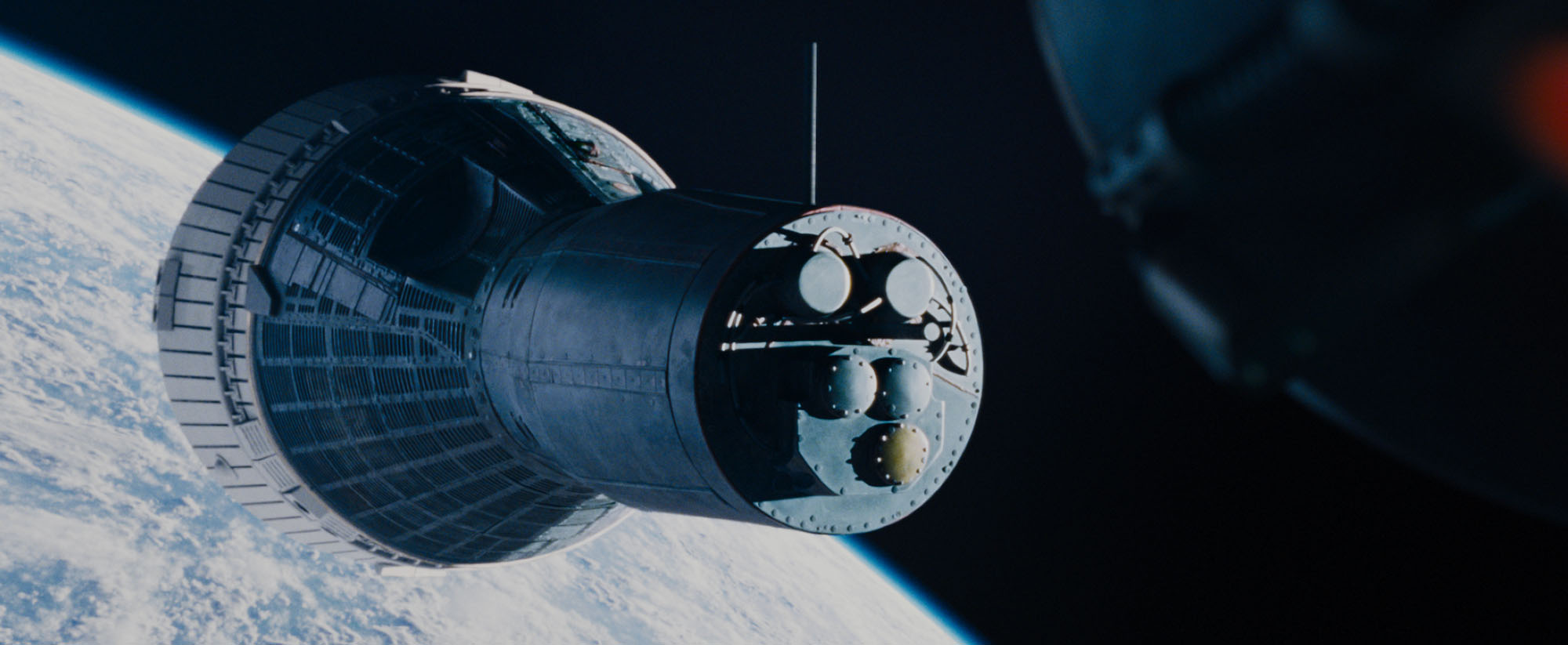

The film’s attitude is, in Lear’s words: reason not the need.īut the point is that all of the tragedy, the failure and the arguments are a sacrificial purifying process: a winnowing away of imperfection prior to the great event. The film touches, perfunctorily, on whether a colossally expensive space-shot is justified in times of great hardship and indeed racial injustice. Buzz Aldrin (Corey Stoll) is – rightly or wrongly – shown as an obnoxious loudmouth.

And the astronauts don’t necessarily get on so well. Funerals are a regular part of Nasa life and black suits and ties constitute an alternative civilian garb. The film takes us through the slow build-up of the 1960s Nasa mission, through the pain of failed launches, bungled tests and, most harrowingly, the cabin fire that killed three crew members of Apollo 1 in 1967: Roger Chaffee, Ed White and Gus Grissom. Poor, stolid Armstrong treats it like a Nasa press conference: “Are there any other questions?” he asks them. There is a drily humorous moment when Armstrong’s long-suffering wife Jan (a thankless role for Claire Foy) insists that he talk to his children on the eve of the moon mission to prepare them for the possibility that he may not come back. Did that terrible grief somehow drive Armstrong? Did he somehow want to bring off his great triumph in her honour? Or was it more that the unexpressed agony of her death cauterised his emotions, resulting in fatalistic level-headedness? All of these possible explanations are present in Chazelle’s sympathetic and sensitive drama.

His daughter Karen died of a brain tumour in 1962, at the age of two. The film suggests that this absence of a normal human boiling point is vital to his success: he stays cool and focused in the spacecraft under conditions that would reduce most people to a blinding panic.īut Chazelle’s film hints at a crucial aspect of his life that prevents us thinking of him as a cold fish. Gosling gives a performance of muscular intelligence and decency as Armstrong, a man of calm and restraint, lacking what no one in the 1960s called emotional intelligence. The mystery of its composition is left untouched. And then, of course, there is that remarkable phrase with which this cautious, unpoetic man delighted the world and astonished his comrades: “That’s one small step for man, one giant leap for mankind.” (Didn’t he mean “a man” – or is that what he said and we misheard?) Again, a slightly less reverent film would have shown Armstrong shyly honing that phrase, maybe going through pencil-and-paper drafts. Armstrong and his comrades are certainly shown to be deeply nettled by news of initial Soviet triumphs in the space race, but Chazelle abolishes the planting of the stars and stripes on the moon. It is also a film that downgrades the patriotic fervour of the landing. There is a great shot of Armstrong looking down, stupefied, at the sight of his first boot-print on the moon dust, realising what that represents.
The first man on the moon movie movie#
It is a movie packed with wonderful vehemence and rapture: it has a yearning to do justice to this existential adventure and to the head-spinning experience of looking back on Earth from another planet.

Chazelle – understandably – makes the moon landing the climax and the glorious main event. Like Concorde, it was a type of futurism that became a thing of the past.Ī more questioning or nuanced movie might have placed the moon landing halfway through the story and then focused on the long, mysterious and anti-climactic nature of Armstrong’s life on earth. The first man on the moon and a living embodiment of the American century, Armstrong was the American Adam, without an Eve, without a downfall an explorer who found his Eden, came back, withdrew enigmatically from public life and lived to see the US and the world lose interest in space travel. D amien Chazelle plays in the key of C major with his visually ravishing, dramatically conservative story of Neil Armstrong, starring Ryan Gosling and adapted by screenwriter Josh Singer from the James R Hansen biography.


 0 kommentar(er)
0 kommentar(er)
